Outdoor play is generally associated with young children, but as much research has demonstrated, older children need opportunities for and benefit from outdoor play.
Despite this knowledge, opportunities for free play are decreasing for elementary school children, and have already been eliminated from the curriculum for middle and high school students in the United States. Reasons for this include an emphasis on academics and the view that free play opportunities lead to discipline problems.
The benefits of older children engaging in free play (not organized sports) are physical and cognitive/neurological. Children go through a rapid growth spurt from birth to age five. From age six to the early adolescent years, growth slows to a steadier pace. When growth is rapid, the ability to learn new skills decreases. Since the rate of growth slows down during the elementary and early teen years, these years offer the child an excellent opportunity to enhance motor skills.
Because K-2 students have short legs, they are often “top heavy” when performing activities. As a result, they may fall more easily. The gradual lowering center of gravity gives older children increased stability and balance, allowing them more opportunities to be successful at play.
Outdoor play provides cognitive and social opportunities. Researchers have found that free play provides students not only with a break from classroom and desk activities but also with the chance to make decisions and to create social interactions on their own. During free play, students are less restricted and are more able to exercise their own creativity and judgment. They have more opportunities to develop close friendships. Furthermore, with academic tracking becoming the norm in schools, students do not have chances to interact with diverse populations of children, and periods of outdoor free play can help remedy this situation.
Neurological development benefits from free play during the late elementary years. For instance, complex movements of the body involve the same area of the brain as sequencing and problem-solving. Physical activity also fuels the brain by providing it with oxygen and engaging the release of neurotransmitters, which can improve memory and enhance the communication patterns of neurons.
A study involving Canadian elementary school students demonstrated that taking breaks including physical activity might actually enhance academic achievement. Other studies have shown that positive effects of physical activity also extend to tasks such as maintenance of attention and increased vocabulary. Increases in cognitive function have also been found in adults involved in physical activity.
Breaks in the school day may be the best opportunities some children have for exercise. Researchers have charted increases in sedentary activity as children increase in age and recommend that students be encouraged to exercise in school. They are more likely to be involved in physical activity outside of school and to continue physical activity into adulthood.
In England, where children are given outdoor free periods throughout their school years, 16-year-olds reported they had more fun and enjoyed more freedom of movement and choice than in primary school. They also reported that they were less physically active and played fewer games as they grew older. Furthermore, although some discipline problems such as bullying were reported, in general, they still preferred their free outdoor period as secondary students more than they had as primary school students.
Leading play scholars encourage manufacturers and purchasers of outdoor play equipment to consider older children’s play needs. Equipment that allows for the play of older children, along with understanding adults, can facilitate opportunities for older children to benefit from outdoor free play.
The research done for production of this article is sponsored by IPEMA.
References
- Blatchford, P. (1996). “We did more then”: Changes in pupils’ perceptions of break time (recess) from 7 to 16 years. Journal of Research in Childhood Education, 11(1),
- pp. 14-24.
- Frost, J. L. (1992). Play and playscapes. Albany, NY: Delmar Publishers, Inc.
- Frost, J. L., Wortham, S., & Reifel, S. R. (2001) Play and child development. Upper Saddle River, NJ: Merrill Prentice Hall.
- Johnson, J. E. (1996). “Playland revisited: Growing is not necessarily for noses only.” Journal of Research in Childhood Education, 11(1), pp. 82-8.
- Myers, L., Strikmiller, P. K., Webber, L. S., & Berenson, G. S. (1996). “Physical and sedentary activity in school children grades 5-8: the Bogalusa heart study.” Medicine and Science in Sports and Exercise, 28,
- pp. 852-9.
- Pangrazi, R. P. & Dauer, V. P. (1992). Dynamic physical education for elementary school children. NY: Macmillan.
- Pellegrini, A. D. (1995). School recess and playground behavior: educational and developmental roles. Albany, NY: State University of New York Press.
- Pellegrini, A. D. & Bjorklund, D. F. (1996). “The place of recess in school: Issues in the role of recess in children’s education and development.” Journal of Research in Childhood Education, 11(1), pp. 5-13.
- Sutterby, J. A. & Frost, J. L. (2002). “Making playgrounds fit for children and children fit on playgrounds.” Young Children, May 2002, pp. 36-41.
- Waite-Stupiansky, S. & Findlay, M. (2001). “The fourth r: Recess and its link to learning.” The Educational Forum, 66, pp. 16-25.

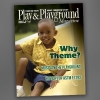
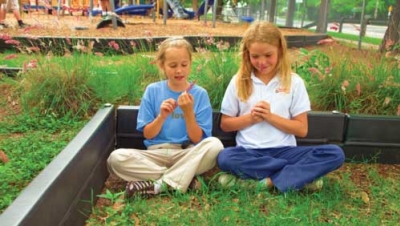
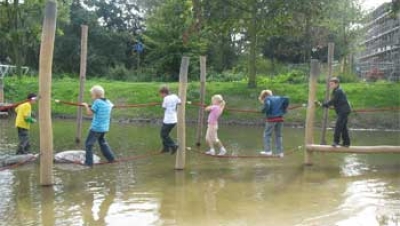
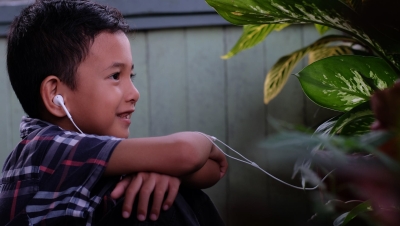

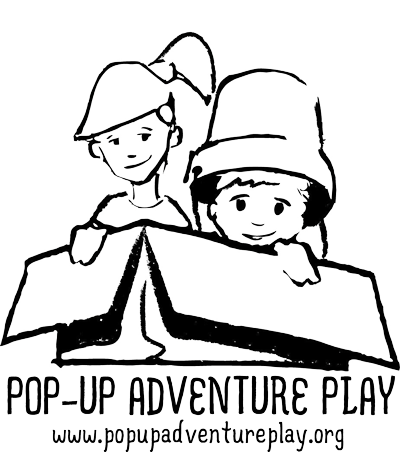
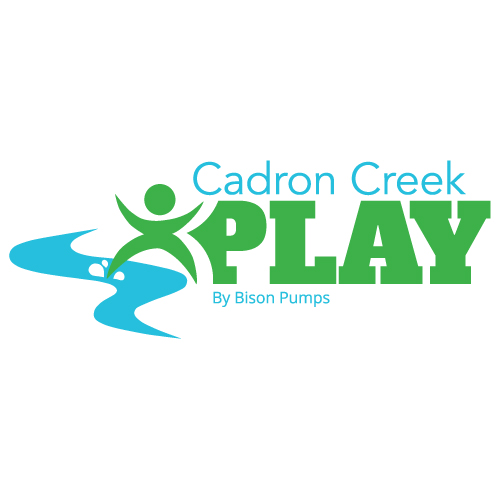
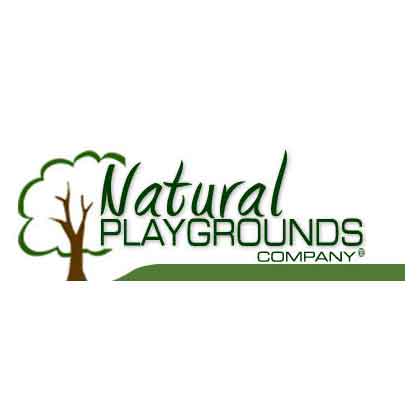
Add new comment